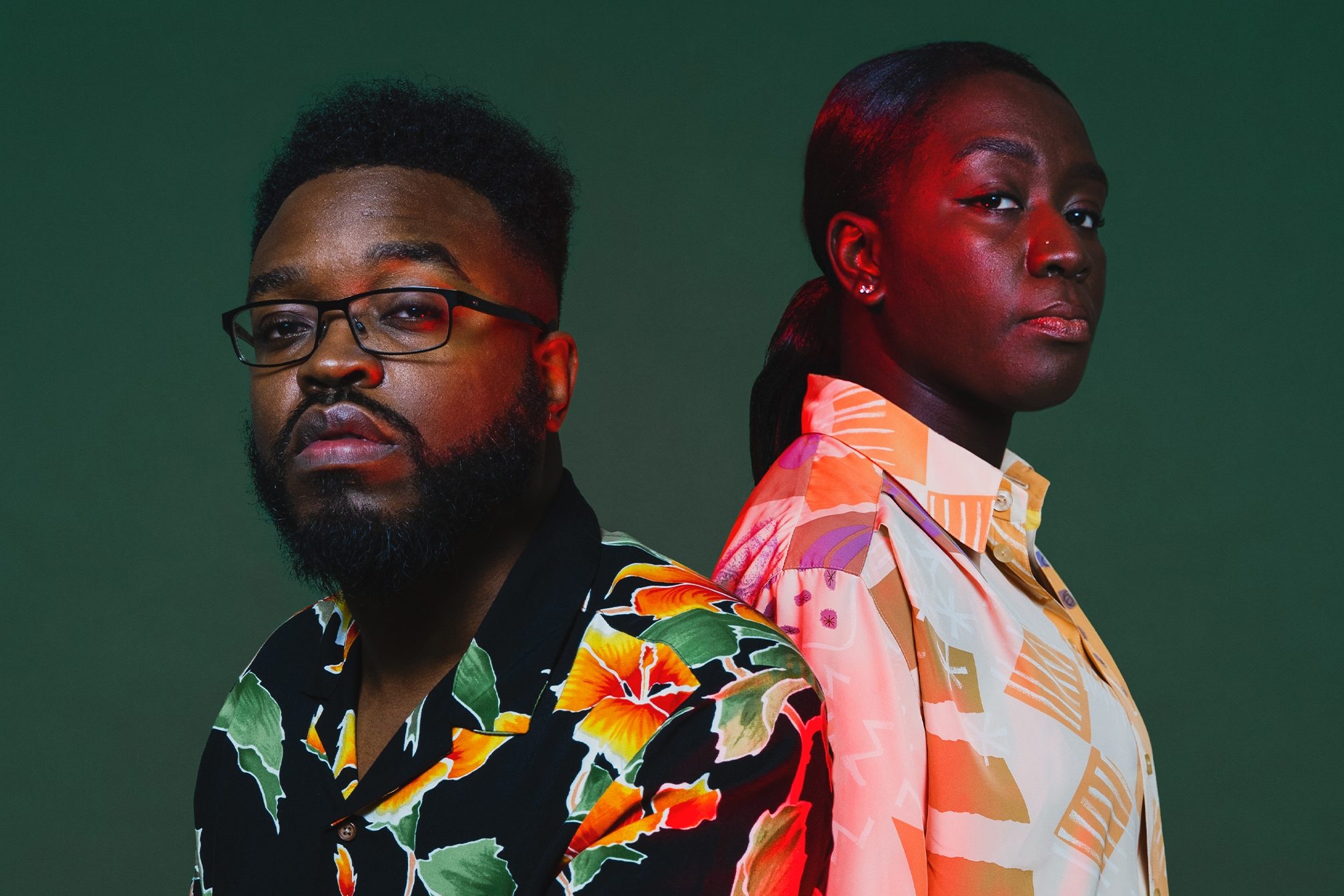 Features
Features
Sef Kombo and Kitty Amor are leading the UK's afro house movement
Marcus Barnes meets Sef Kombo and Kitty Amor, the perfect musical partnership taking the UK's afro house scene into a new era
A successful partnership requires several key building blocks to really make it work; trust, balance, humility, kindness, respect and love. When you see our cover stars Kitty Amor and Sef Kombo interacting with one another it’s clear that all of these essential elements are present in their friendship, with the overarching power of music cultivating harmony at the root of it all. Kitty and Sef are two of the key protagonists in London’s afro house scene; which has been flourishing on the underground despite being wilfully neglected by the electronic music media. While South Africa’s vibrant scene is celebrated worldwide, including here in the capital, the city’s own homegrown scene had virtually no attention from the press over the past decade - until very recently.
Kitty got into promoting while she was at Nottingham Trent University studying Criminology, following an academic path as expected from her Nigerian parents. Being away from home meant she could explore DJing and music freely, gravitating towards afro house and finding the holy grail of that era - online music portal AfrodisiaMP3. Kitty soon became one of the key promoters of student nights in Nottingham bringing in stars like Tinie Tempah and Krept & Konan, as well as programming a house room, where she would occasionally spin herself.
Meanwhile Sef had been building a reputation in London, where he started out as an open format DJ, playing a variety of styles before finding himself drawn to UK funky, deep house and, eventually, afro house. In 2009 he recorded ‘Afro Power Vol.1’, a mixtape featuring a plethora of African artists and tunes he’d discovered via AfrodisiaMP3. It was an instant hit and put Sef Kombo on the map as an afro house specialist.

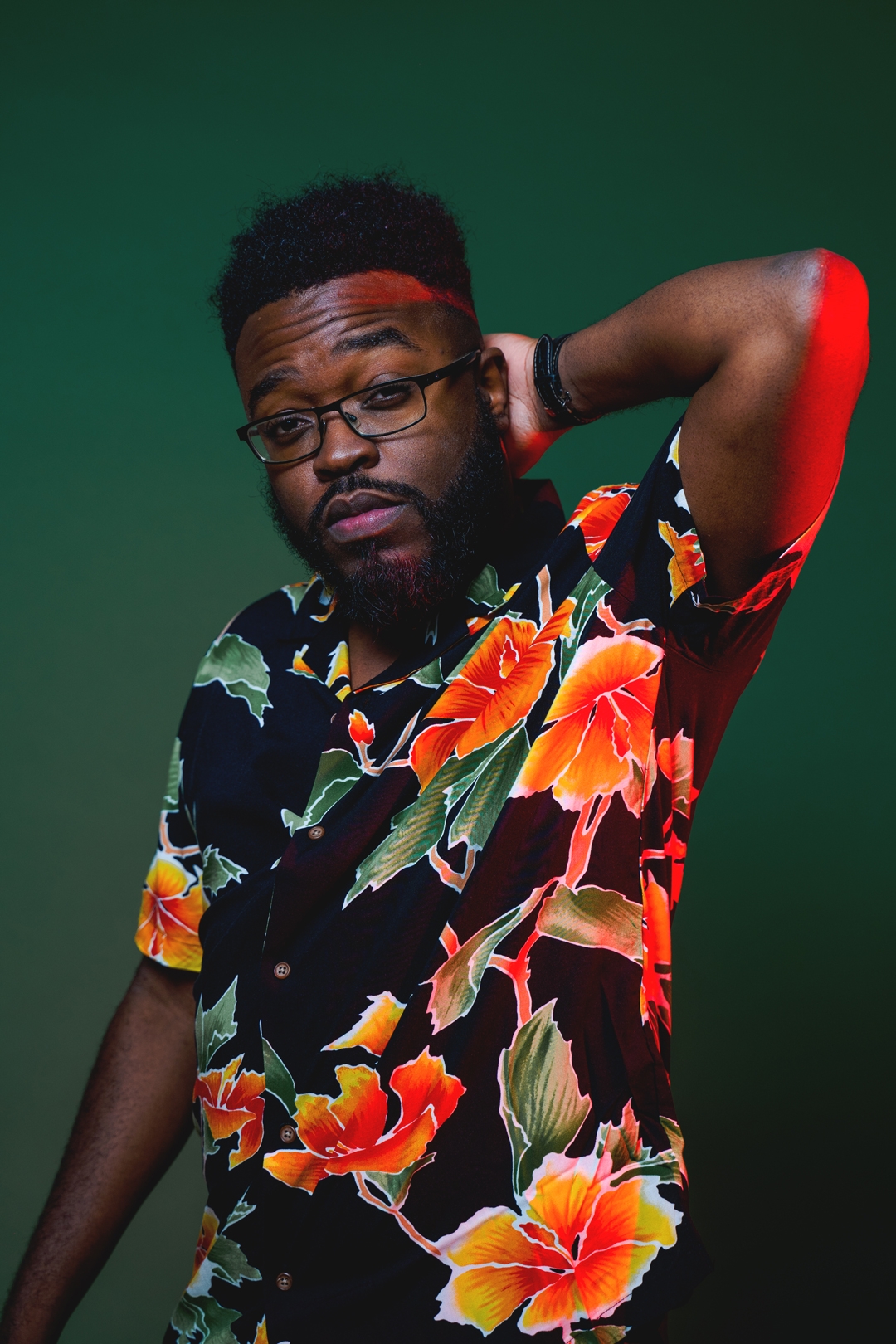
Kitty was a raver at Sef’s TilTwo parties and, when she was at University, realised he’d attained a prominent position on the student circuit. She booked him for a few events and got to know him personally. “When I saw how gentle and soft he was to approach, I was like, ‘Alright, he’s quite normal’. He didn’t have the arrogance that other Uni DJs had about them.”
Eventually they appeared on the same bill at a party called Stamina in Leicester, Kitty playing after Sef. Understandably nervous, she thought he might disappear into the crowd or go to the main room. Instead, Sef stayed right in front of the DJ booth for her whole set. “I was fuming, I didn’t really want to end up clearing the room after Sef!” she tells us. “I didn’t want to mess my mixes up in front of this guy. He didn’t even say much afterwards.” Not long afterwards Sef called to invite her to play TilTwo back in London, perhaps her biggest booking at the time.

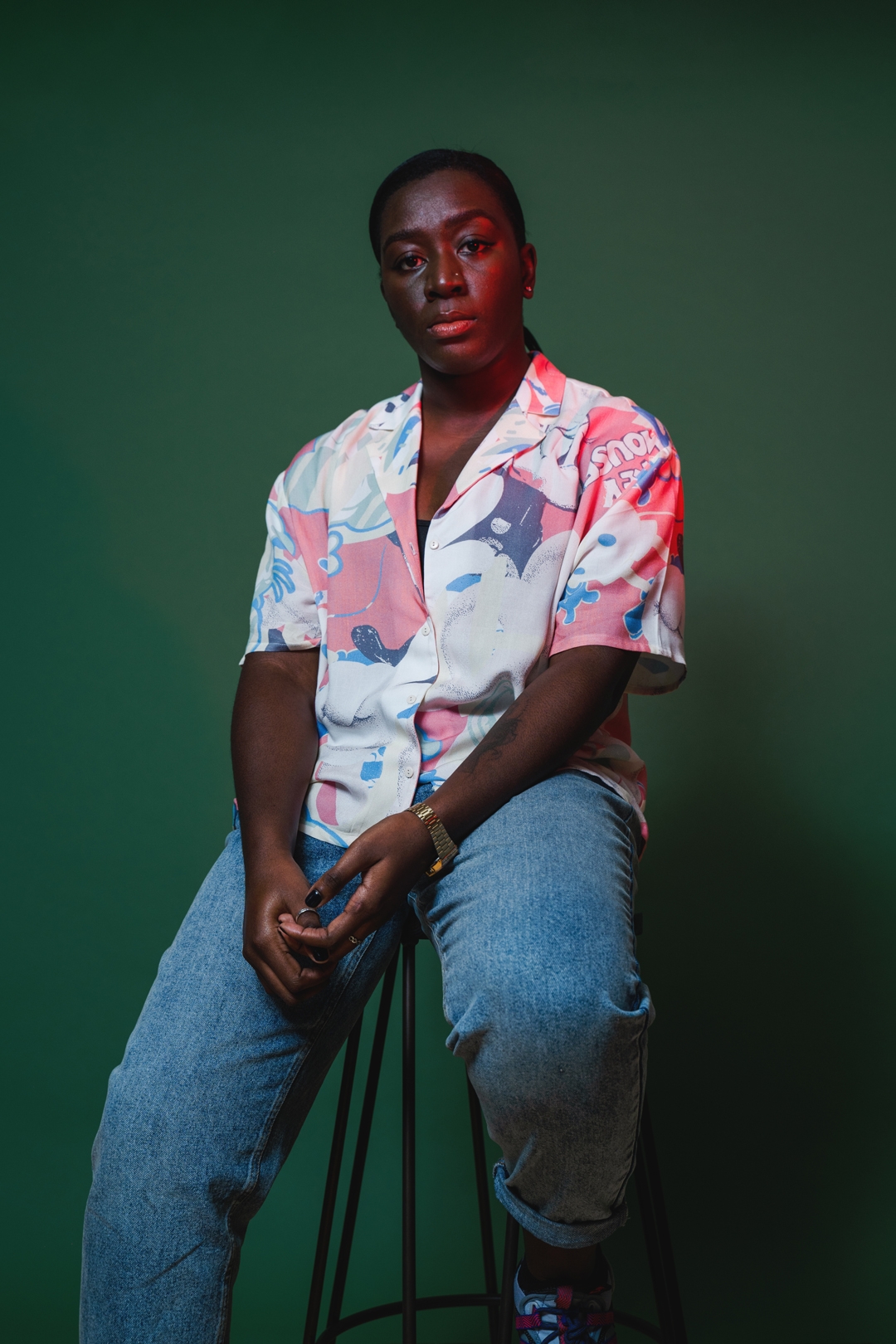
When she came back to London Sef became Kitty’s mentor of sorts, guiding her back into the scene, which she’d lost track of while at uni. He speaks about that first booking at TilTwo, explaining that he wanted to increase representation for women at his events - this is a long time before most event organisers had even considered equality as part of their booking policy. “At the time there was only one DJ who was female and who’d played at the events and that was Angie B. I wanted to try a night where it was women only,” he says, also vouching for Kitty’s unique sound and mixing ability, saying it was already present in her selection back then. “I felt like there was a little more care and passion in what she was doing, not only in how she was constructing her sets but also in her musical knowledge.”
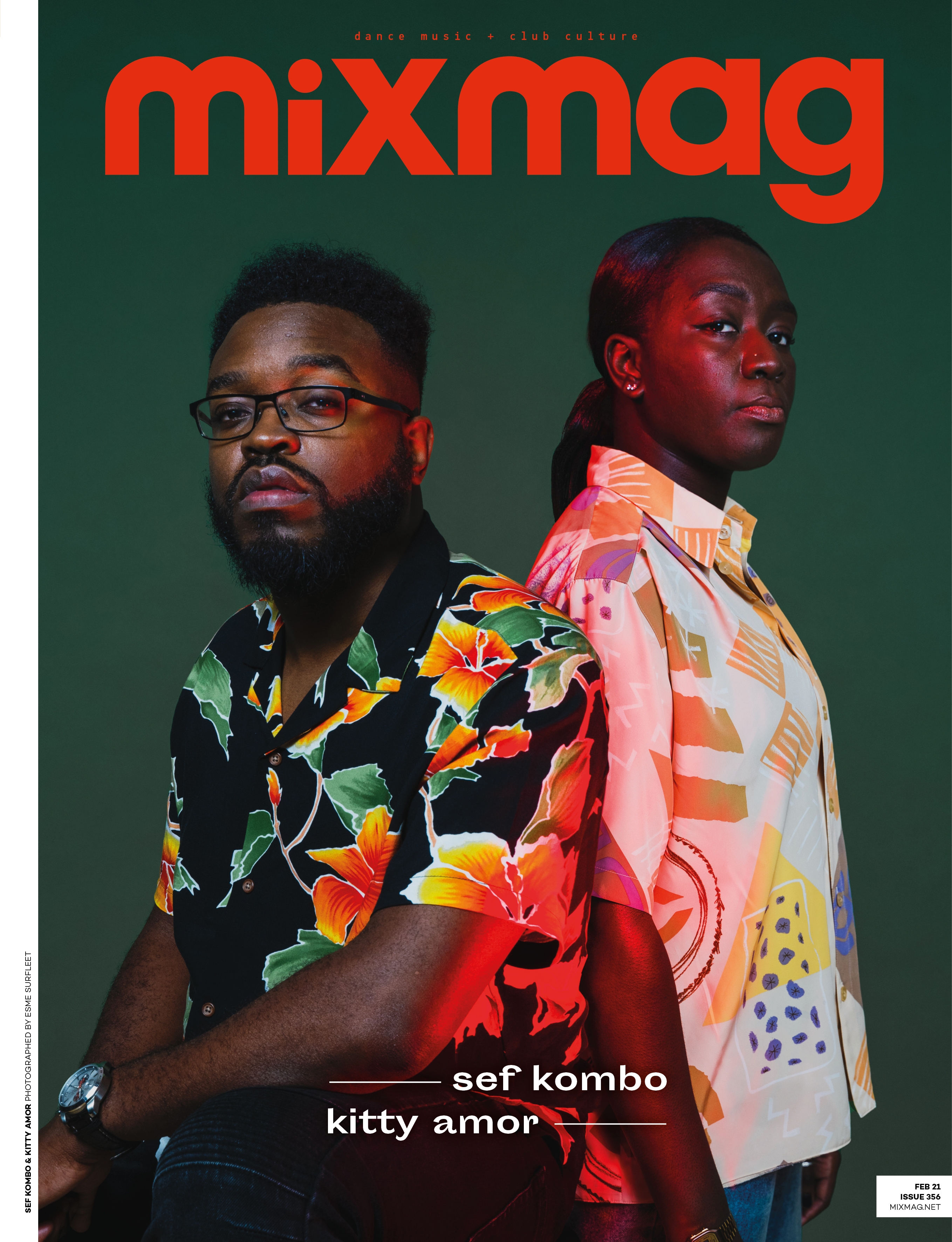
Ever modest, Sef explains that his ‘mentorship’ wasn’t really necessary since he was still learning himself at that stage and Kitty was clearly on her path. On that note, they both progressed separately in their respective ways. Sef continued to build TilTwo, utilising its website as a means of building a community around the brand. He’d post all the mixes from every party and collect email addresses of his followers to cultivate an extensive and engaged mailing list. Kitty found her feet in London and juggled DJing with a full-time job, becoming a resident at Jonny Miller’s party Motherland in 2016, five years after her return to the city. “In a way [coming up separately] was the best thing for us, because, if I was just mentoring Kitty the whole time, she could have ended up just being a mold of me,” Sef says.
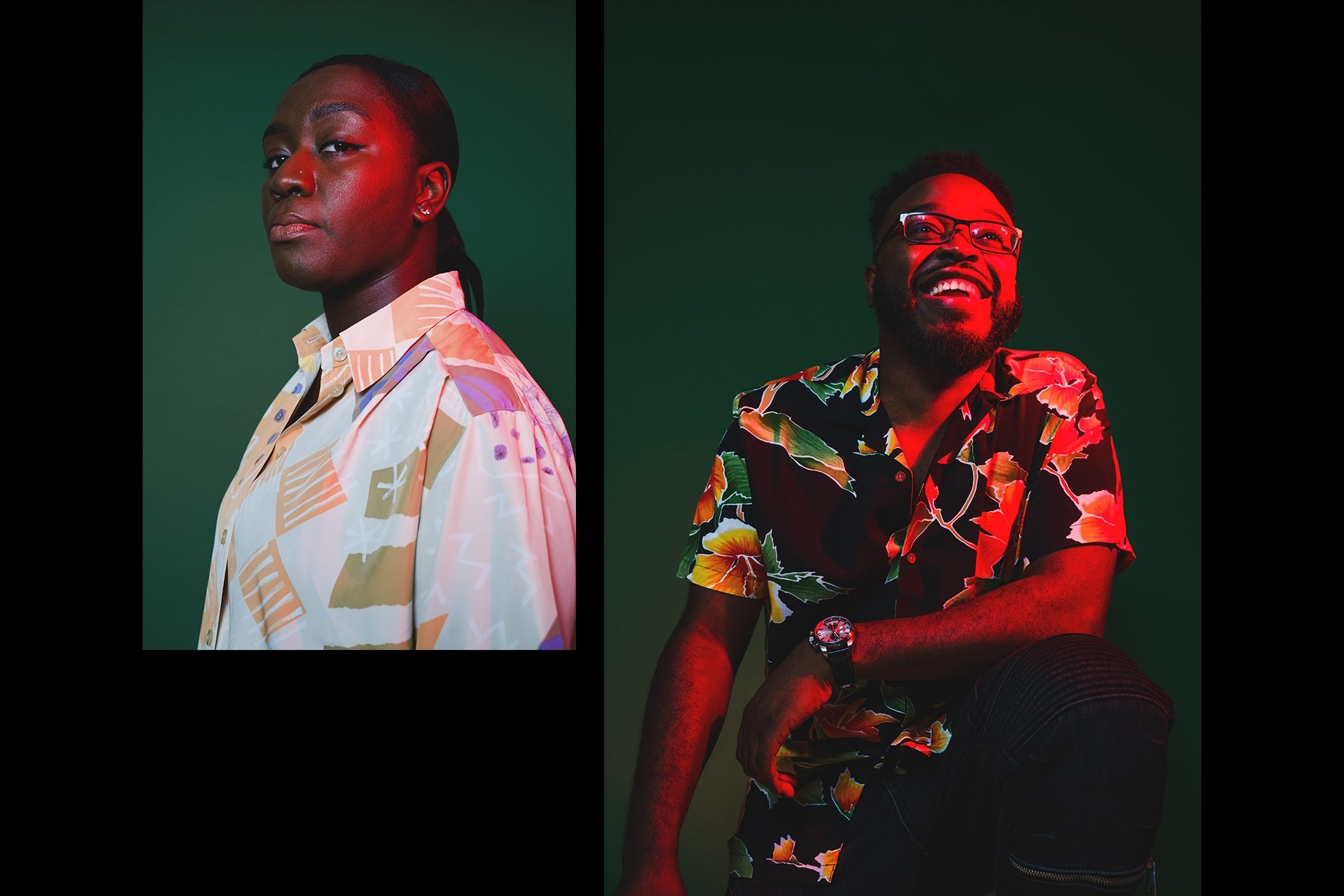
When Jonny left Motherland to focus on his personal life, he handed it over to Kitty who revamped the party and brought in Sef as one of three main residents, alongside herself and D-Malice. Their friendship evolved into a business partnership, which grew to encompass their joint venture, Sessions. Their involvement with three parties - TilTwo, Motherland and Sessions - placed Kitty and Sef at the heart of London’s afro house scene with other protagonists including Drums Radio, Tribal Soul, Monate and Aluku. In the UK though, it’s way more underground than its parent scene in South Africa, with a relatively small, yet passionate and dedicated following.
Read this next: "We come to dance": Motherland is the epicentre of London's afro house movement
“Working with Sef has made it an easier journey for me, where you’ve got the support of a male but he ensures that you are pushing yourself and makes sure it’s known that it’s your party as well,” Kitty tells us, explaining that Sef is a rare breed; a man who is aware of the way female promoters can be treated and steps back to ensure Kitty is given her dues. “He doesn’t want for anyone to think, ‘Oh Sef is running Motherland, TilTwo and Sessions’. Working with Sef, and previously D-Malice, it’s been helpful. But outside of that, dealing with managers, the agency will go straight to Sef because they’re used to dealing with men.” Not being taken seriously, or treated as simply the ‘helper’, is a common occurrence in a male-dominated industry and Kitty counts herself lucky to have the benefit of Sef’s humility. “It’s like, ‘Hello, we all run this party, I’m not just here to take your bags to the green room’. I’ve just as big a stake as they have. Having a collaborative approach with Sef has boosted my confidence,” she adds. “But not all female promoters are as fortunate as me.”
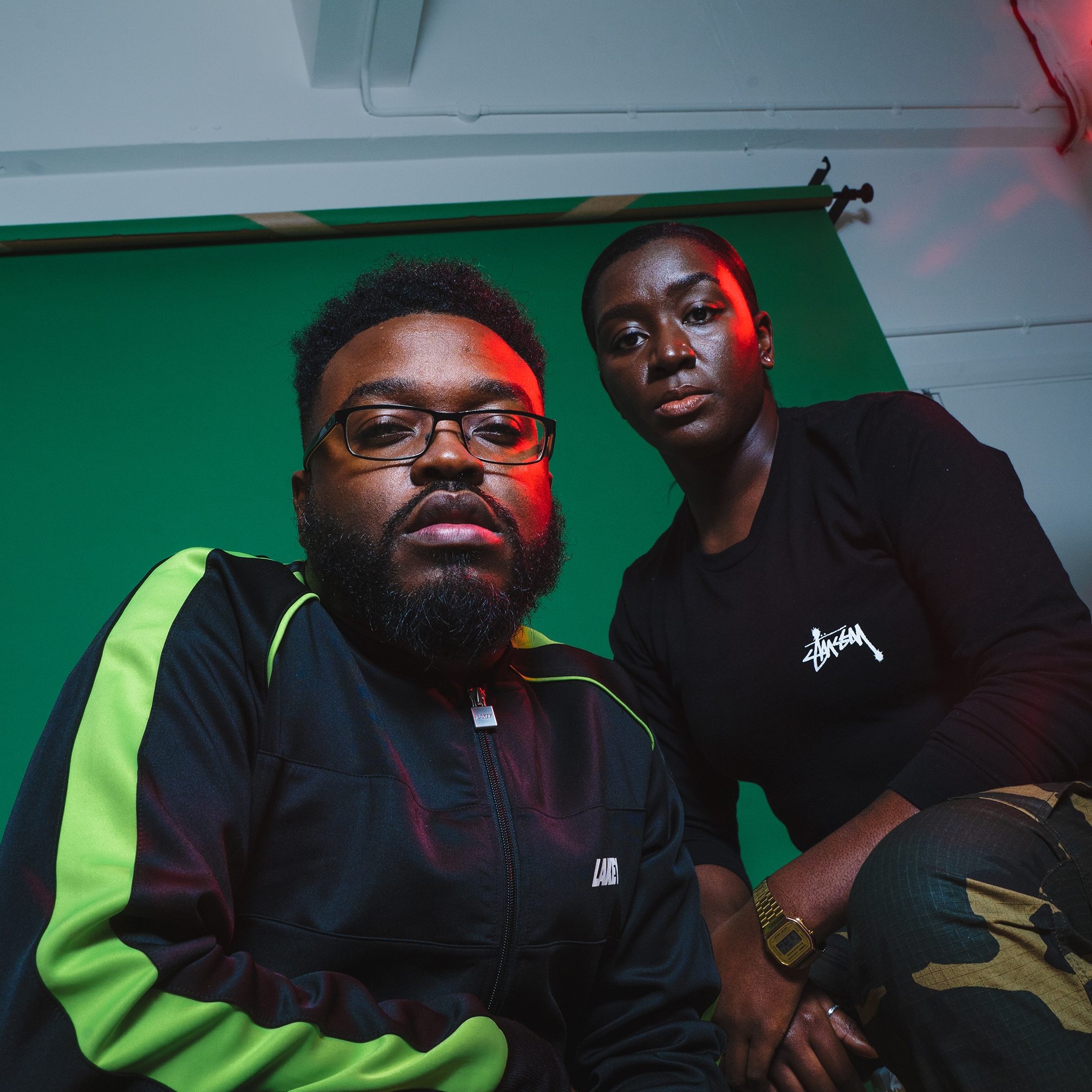
The duo have been at the forefront of the scene, flying over some of the biggest names in afro house while lovingly nurturing the community connected to it, and flying out to South Africa themselves on several occasions. Headliners have included Da Capo, DJEFF, Atjazz, At One and LeboQuest, each of whom represents a different demographic of London’s diverse population. All of this, with virtually no press support and consistent difficulties with club owners unwilling to host nights where the crowd is predominantly Black. In fact, Sef hosted most of his parties in the West End after having the door closed on him by east London club owners. Nonetheless the events have been consistently successful and TilTwo was due to celebrate its 10th anniversary last year. Sadly, the pandemic hit and put paid to that.
So over this past year, like many of their peers and heroes, Kitty and Sef have diversified, taking the Motherland brand online and stepping outside of their foremost disciplines to offer up a boutique service that encompasses live streaming and visuals. On the production tip, their in-house visual artist Ade Smilez is on hand to generate stunning backdrops, while they’ve invested in equipment, including a drone, to assist with the broadcasts. This self-sufficient broadcasting network is available for hire, and they created examples of what they can do with two livestreams, which went out in June and July last year. Their first paid job was for turntablist showcase Beat Geek. It’s a demonstration of their ability to restructure and adapt, but also work collaboratively to achieve their goals. This has involved a lot of honest, open communication, challenging each others’ opinions and trusting in each other to move forward with a unified outlook.
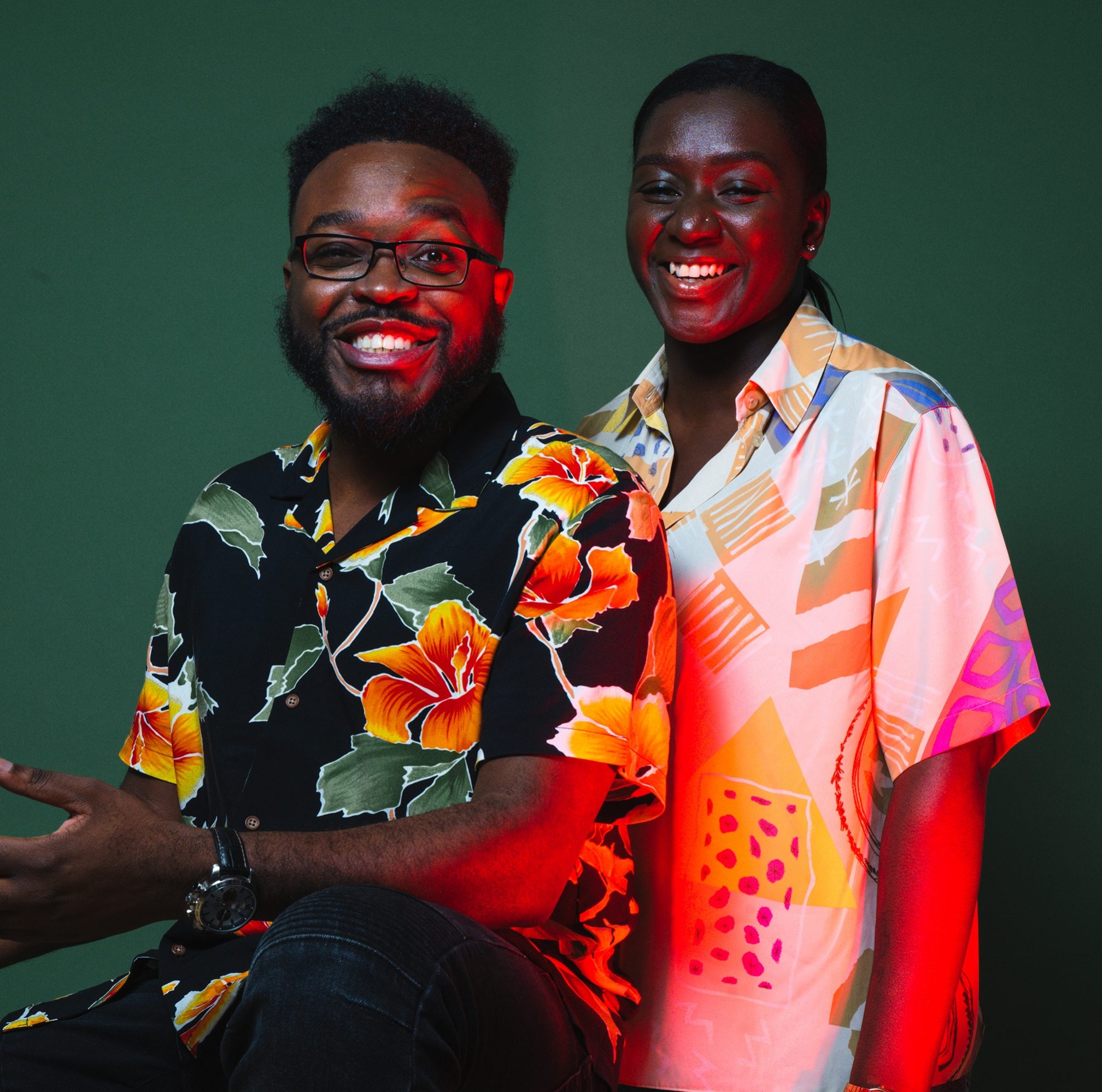
“There’s been a couple of peaks and troughs but now we’re going in an upward trajectory,” says Sef, talking us through a potted history of the London afro house scene. From a running start in 2009, things started to slow down over the following years. The demise of Afrodisia and a general lack of representation for the music outside South Africa meant things dwindled for a while. By 2012 deep tech had arrived in London and afro house was left on the sidelines. He also admits that the quality of the music diminished a little. When Black Coffee debuted at DC-10 in Ibiza in 2013 it marked a turning point for the DJ, who became a global ambassador for afro house and the music itself. As a result, the genre saw a significant upsurge in interest. Black Coffee was already a national superstar in his native South Africa, with fans around the world, but the appearance at DC-10 (at the club’s opening party no less!) placed him under the gaze of international eyes like never before. He eventually landed a residency at Hï Ibiza, which he used to showcase the talents of other notable SA selectors including Da Capo, Black Motion and Culoe De Song.
Read this next: Africa Is Not A Jungle: How Black Coffee is leading a music industry revolution
However, despite all of the most influential electronic music platforms running features, and documentaries, on Black Coffee and the South African scene, London’s vibrant movement was totally overlooked. Outfits like Circle, and DJs like Zepherin Saint, Nick Doe, Perempay, DJ Petit and the Viva La House and Tribe events were already building the foundations in London, Viva La House booking Black Coffee way back in 2011. “We’ve really had to ride the wave of people not being interested and the music not being too strong and now there are channels that are pushing it more, people can access the music through places like Traxsource,” Sef explains. Now the duo are finding themselves increasingly in demand, with a Mixmag feature on their Motherland party last year, Sef being hired to oversee Defected’s afro-centric label Sondela and Kitty joining industry powerhouse SheSaidSo as a consultant on all things Black and underground. “It’s something I’ve been wanting for a long time because I feel like we’ve been putting in the work, as well as others, it’s not just about us,” Sef says.

“It felt like we didn’t really get the spotlight on us and what our community was doing until now and everything that has been happening recently has reinstilled the hope in our scene,” Kitty adds, hoping that their success will inspire others to see that it is possible to achieve. “The next generation is the biggest thing for me. They will kick down doors until they are heard whereas we were very silently and humbly accepting it, until Sef spoke out.”
“Times have changed where you can use these platforms to speak out and action will happen. When we were coming up we didn’t have these outlets, therefore we never thought of using our voice aside, from playing the music,” she continues, going on to speak about her hopes for lasting change once events are allowed to go ahead again.
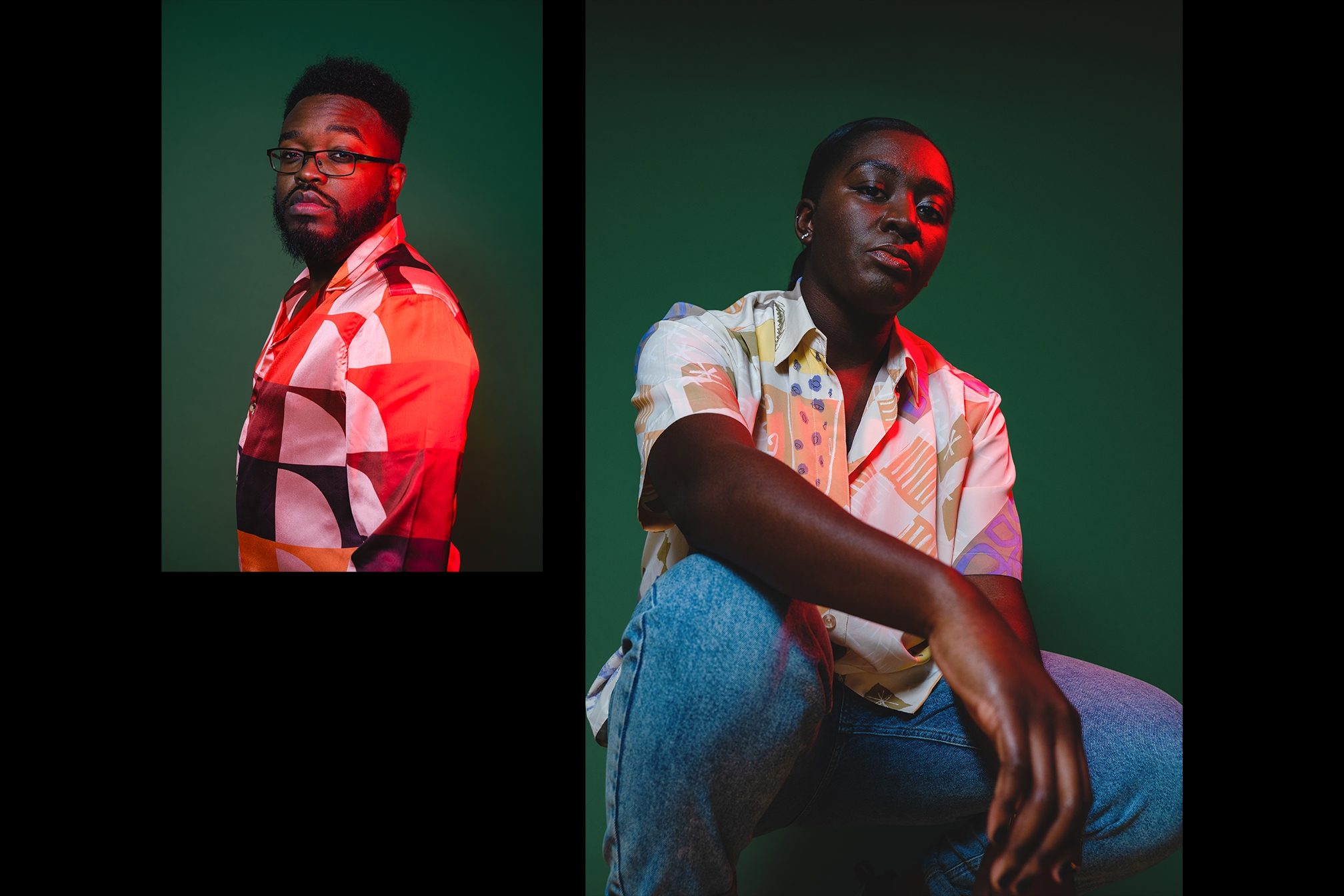
“Now is when we need to be heard in the right way, so that, when we do go back out to the ‘new normal’, whatever we said, or whatever action that needs to be taken, is already in place. Where we’ve even forgotten what we said, it’s just how things are, ‘This is the standard that it’s at now’. Involving grassroots performers on bigger platforms, ensuring there are pathways for DJs like Sef and myself, and others coming up, to play at Lovebox, Wireless, anywhere.”
“I just want more people from our community to get noticed and be written about so they can tell their stories and connect with new audiences,’ Sef concludes. With their ‘brother/sister’ relationship at the core of their work, Kitty and Sef have the perfect foundation to continue striving for the very best: for themselves, their projects and their community. Ultimately, as the world continues to become more aware and supportive of neglected communities and movements, it’s about holding true to your ideals and utilising your unique qualities. With this in mind, Kitty and Sef are primed for their continued upward trajectory. Their ethos is simple. Stay focused, stay humble and continue to be driven by the deep-rooted intention to channel their successes back into supporting the people who need it most.
Marcus Barnes is a freelance writer and regular contributor to Mixmag, follow him on Twitter
Read this next: Get the best of Mixmag direct to your Facebook DMs


